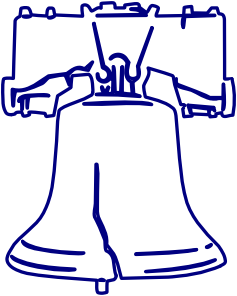The VRM perspective is independence.
This isn’t new. In fact, it’s as old as the Net. It is also nearly forgotten. Billions have never experienced it.
When the Net first came into common use, in 1995, independence was what anybody felt who started up a browser and surfed from place to place, or who built a site on a domain of one’s own, with its own name and email addresses.
To do anything substantive on the Net today, we use personalized services that require us to live inside corporate walled gardens. We have these with Google apps and Drive, Apple’s iCloud, and “social” systems such as Facebook and Twitter. Adobe and Microsoft are also now pushing hard for us to rent software as a service (SaaS), so we no longer own and run software for ourselves on our own machines.
Bruce Schneier compares today’s walled gardens to castles in a feudal system. We are vassals within these systems. Our job with VRM is not to fight these systems, but to equip individuals with their own tools of independence and engagement: to make them the points of integration for their own data, and of origination for what gets done with it.
To cease being vassals requires that we possess full agency: the power to act, with effect. We cannot do that without tools that are ours alone. Just as our bodies and souls are ours alone, yet also work in human society, we need tools that are ours alone, yet also work in the world of connections that comprises the Net.
To operate with full agency we need a full box of VRM tools — plus two other things. One is substitutability of the services we engage. The other is freedom of contract.
Substitutability means we have a choice, say, of intentcasting services, of quantified self gizmos and service providers, of health care data and service providers, and of trust networks and personal cloud service providers — just as we have a choice today among email service providers, including the choice to host our own email.
Freedom of contract means we don’t always have to subordinate our power and will to dominant parties in calf-cow ceremonies (e.g. clicking “accept” to one-sided terms we don’t read because there’s no point to it). We can design automated processes by which both parties come to mutually respectful agreements, just as we have with handshake agreements in the physical world.
Both of these virtues need to be design principles for VRM developers. If they are, we can save the Net by empowering ourselves.
